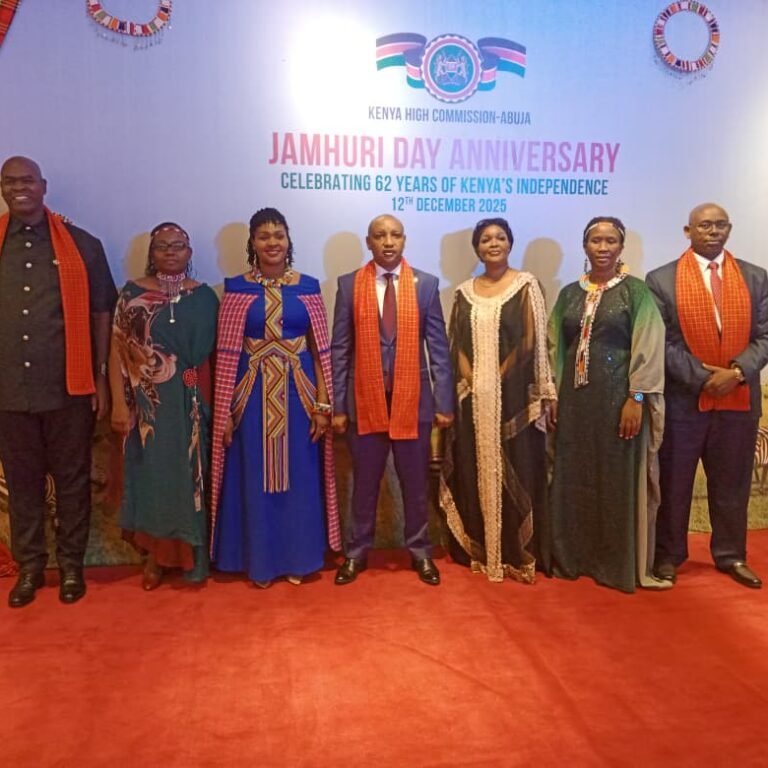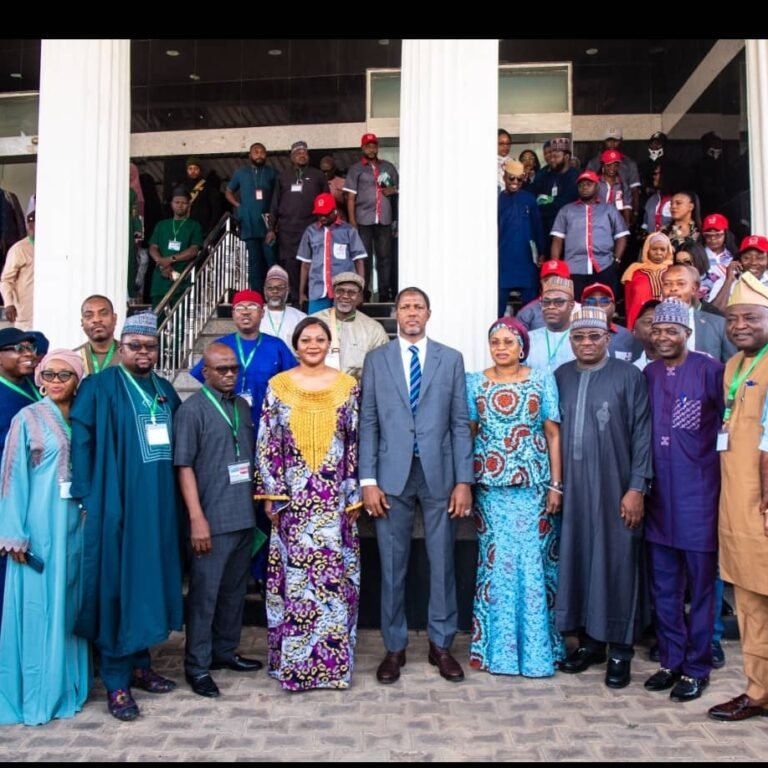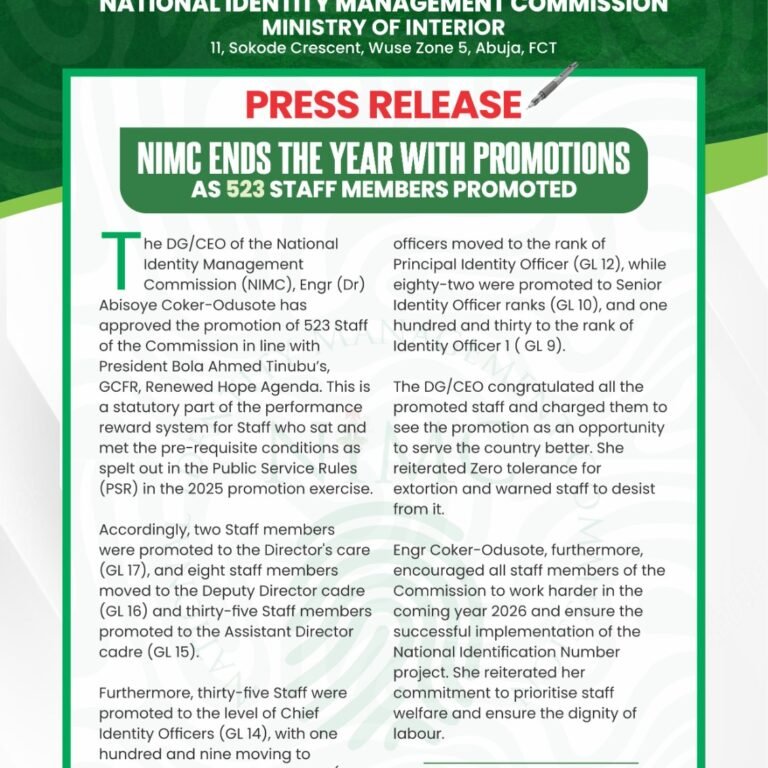
By Innocent Adulugba
It was a view that stole my breath the vast, majestic expanse of the Kananaskis landscape unfolding beneath the sky like a painted masterpiece. The 2025 G7 Leaders’ Summit in Alberta, Canada, had just wrapped up. President Donald Trump had left, and as one of the journalists covering the event, I had a rare moment to soak in the beauty of my surroundings.
A diplomat named Jurgen approached and struck up a conversation. When I confirmed it was my first visit to Canada, he invited me to join his team on a tour of Banff National Park after lunch. I accepted, thrilled by the chance. It felt like one of those unexpected travel blessings surreal, humbling, and unforgettable.
Our tour guide was a bundle of energy, offering vivid stories and trivia about the park. He proudly announced that Global Travelers had ranked Banff National Park among the top 10 most beautiful places on Earth. From the cable cars, we marveled at the breathtaking scenery emerald valleys, ice-capped peaks, and the shimmering reflections of Lake Louise and Lake Moraine. The Canadian Rockies stretched endlessly in every direction.
It was June, the beginning of summer in Canada. The snow was melting, wildlife was emerging from hibernation, and tourists, skiers, and hikers filled the park with vibrant energy.
Yet, even as I admired nature’s grandeur, my thoughts wandered beyond the moment. I began reflecting on how vacations or summercations are such a major part of life for people in wealthier countries. In the West, it’s almost a cultural rite: months of work, saving, and anticipation often culminate in a summer adventure to relax, explore, or reconnect.
But for many people in developing countries, vacationing remains a distant dream. Their focus is survival rent, tuition, food, and other essentials. Taking time off to travel feels like a luxury only the privileged can afford. As I stood there in awe of Banff’s beauty, I couldn’t ignore how fortunate I was.
Still, there’s another side to summercation that many don’t talk about the darker, tragic side that shadows the joy.
Take the story of 27-year-old Juliana Marins, a Brazilian hiker who tragically fell from Indonesia’s Mount Rinjani — a towering, 12,224-foot volcano. Though she was with a group, poor weather and dangerous terrain delayed rescue, and Juliana succumbed to her injuries after three days.
Or the shocking death of American tourist Shanquella Robinson, who was killed during a vacation with friends. Her death was initially misreported as alcohol poisoning until a harrowing video surfaced, revealing she was violently attacked in her resort villa.
There are also countless cases of tourists getting lost in unfamiliar terrain, attacked by wildlife, drowning while surfing in shark-infested waters, or falling victim to criminal gangs. These are not movie plots. These are real people real tragedies.
These incidents cast a grim shadow over what should be joyful adventures. They also raise awareness about hodophobia the fear of travel and the very real safety concerns that come with vacationing, especially in unfamiliar regions.
While travel should be an enriching and uplifting experience, safety must be a top priority. Based on my own travels, I’ve developed a few personal safety tips I always try to follow and recommend to others:
Stay alert and aware of your surroundings at all times.
Keep regular communication with family or trusted contacts.
Avoid isolated or poorly lit areas, especially at night.
Stick with groups, particularly in unfamiliar environments.
Use bodycams or phone tracking apps when venturing outdoors.
Always listen to your tour guides they know the terrain better than anyone.
Respect local customs and avoid risky behavior.
These precautions may not guarantee complete safety, but they significantly reduce the risks. Share them with friends and loved ones who travel. A little awareness can go a long way.
Summercation should be a time of discovery, renewal, and joy not sorrow. So as you plan your next adventure, do it with care. Be prepared, stay cautious, and most importantly, come back safe to tell your stories.








